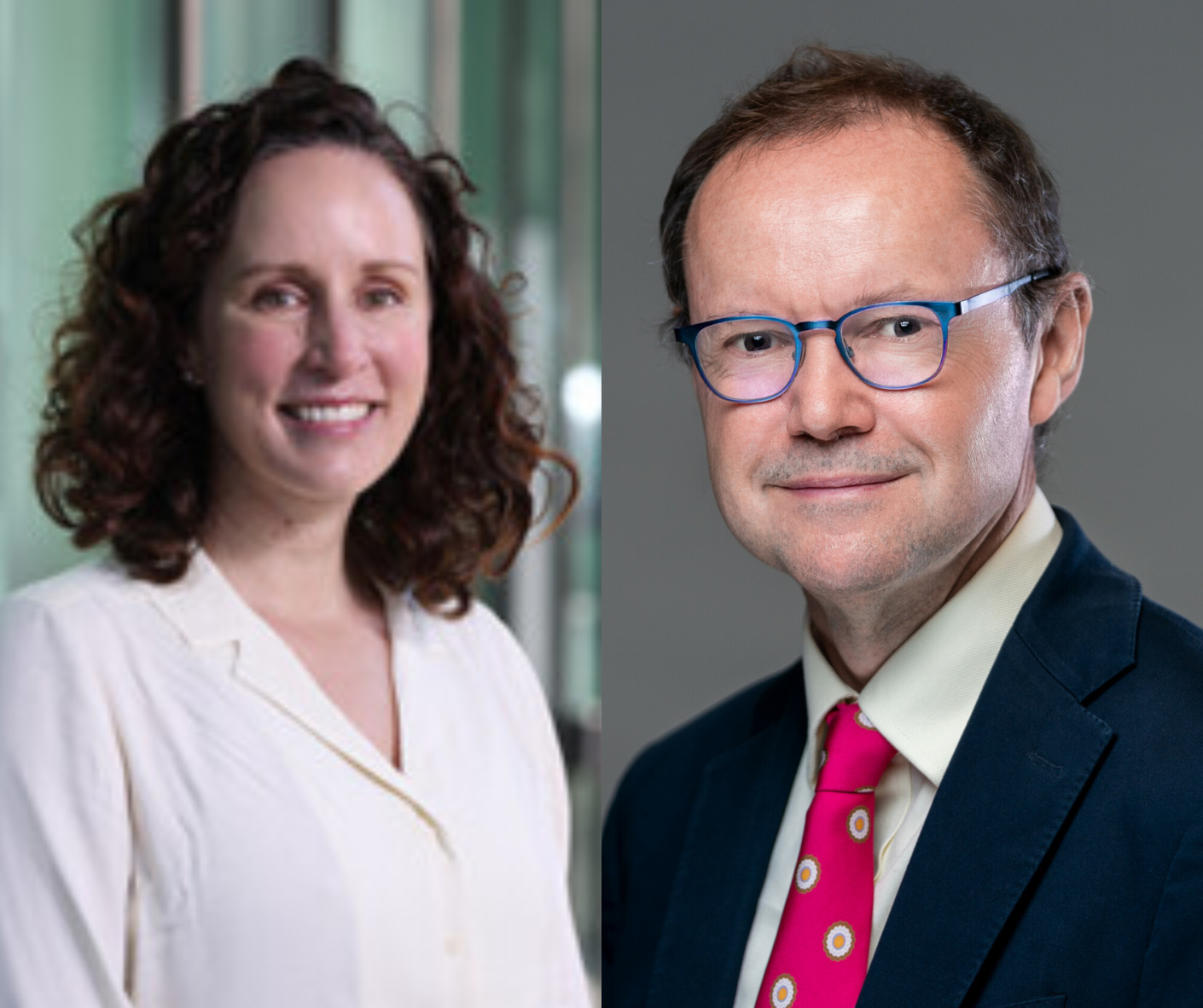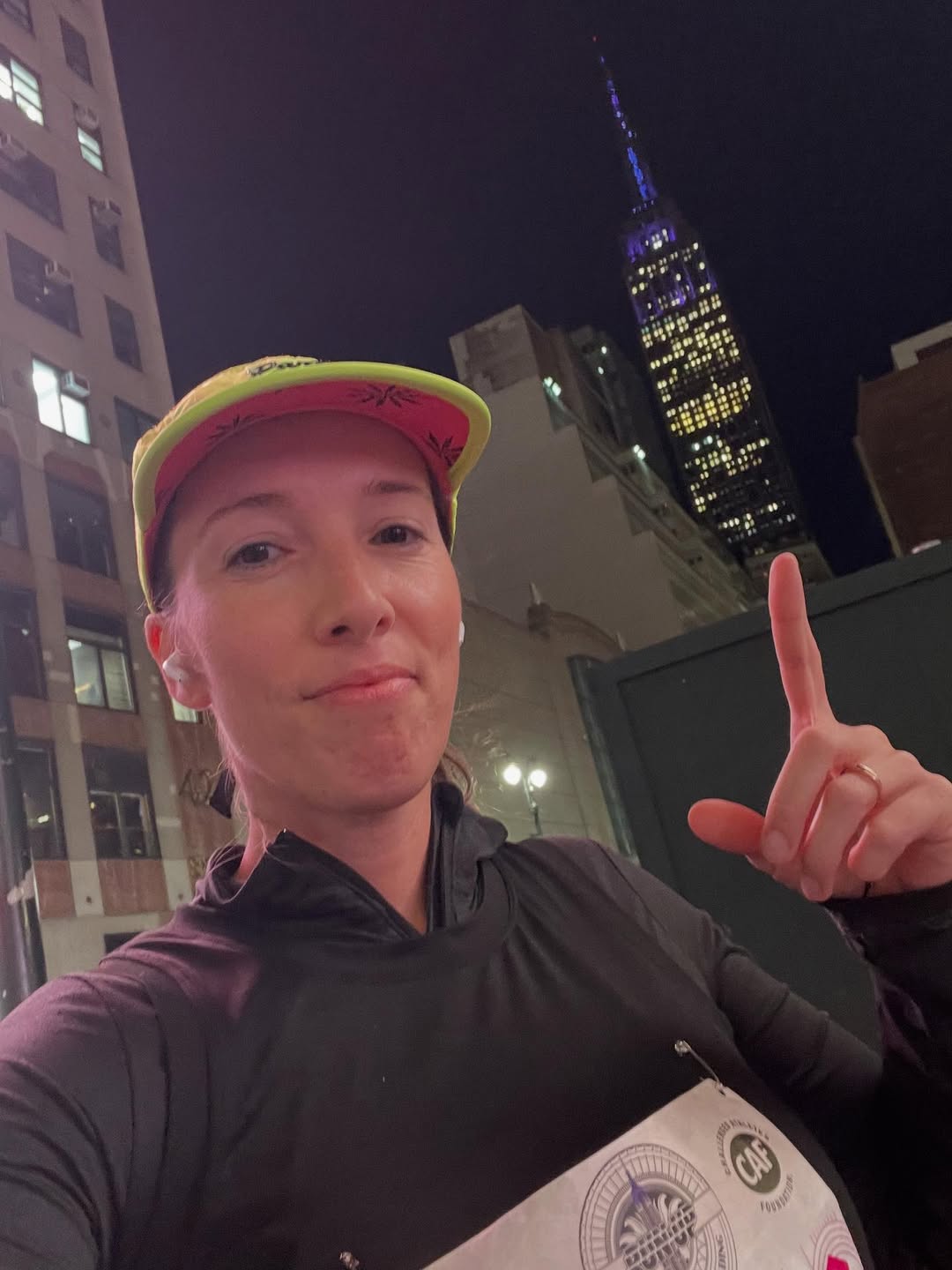
Dr. Kate Lawrenson is a 2012 Ann Schreiber Program of Excellence Grantee. In this interview with OCRF’s Sarah DeFeo, Dr. Lawrenson discusses her research and what it means to receive a grant from OCRF.
Sarah DeFeo: Where did your interest in science start?
Kate Lawrenson: As a small child I was interested in biology without really knowing what biology was. I remember having a small microscope and being fascinated by looking at objects I found in our garden. I thank my biology teacher for cementing my interest in science during my school years- he had a PhD and the idea of doing research as a job sounded so exciting to me. I went on to do an undergraduate degree in Human Genetics and then a PhD in Cancer Genetics, both at University College London.
SD: What motivated you to enter ovarian cancer research?
KL: I have always had an interest in women’s health and was keen to do PhD research in that field. One of the major factors that sparked and continues to fuel my interest in ovarian cancer is that there are so many important questions still unanswered, and I really hope that my research can contribute to our understanding the biology of these tumors so that we can improve outcomes for women.
SD: One of those unanswered questions is where and how ovarian cancers originate.
KL: That’s right. How can we detect these tumors earlier? Where do high grade serous ovarian cancers really originate? How can we treat these cancers more effectively? What is the role of the microenvironment? The survival rates for ovarian cancer are so poor. My research explores the early development of ovarian cancer, and I hope that we can use these data and models to identify biomarkers that could one day be used in the clinic to diagnose ovarian tumors at the earliest, most treatable, stages.
SD: How did you end up at the University of Southern California?
KL: Originally I am from a beautiful part of northern England called the Lake District, but I spent large parts of my childhood in the Netherlands and Borneo, which were both fascinating places to grow up. After living abroad as a child, moving to the USA for a postdoctoral position seemed less daunting. So much great science happens at US institutions so it was not a tough decision to move at this stage in my career. The sunshine of Los Angeles was also a pretty big draw (I am not a big fan of English drizzle)!
SD: What do you like best about being an ovarian cancer researcher?
KL: There are many things I love about my job, but overall I find research to be an exciting and varied profession – no two days are the same, and I am continually learning new skills. I love the creativity involved in trying to solve a scientific problem. I don’t know of any other job quite like it! The University of Southern California has been a great place to work—friendly and very collaborative.
SD: How is the OCRF grant going to help you, and make an impact?
KL: It is a great honor to receive an award from OCRF at this stage in my career. Without OCRF’s support we simply could not do this fascinating and important project. Moreover, this work is doubtless going to lay the foundation for future projects that develop from the findings of this research.
Kate Lawrenson obtained her BSc and PhD from University College London. After a Postdoctoral position with Dr Fujita at the Laboratory for Molecular Cell Biology, Dr Lawrenson moved to the University of Southern California to work with Dr Simon Gayther in the Department of Preventive Medicine within the Keck School of Medicine. In 2011 Dr Lawrenson was awarded an AACR Susan G Komen Scholar-in-Training Award, and a Wright Foundation Award. Dr Lawrenson’s research has focused on modeling the early stages of epithelial cancer development and the role of the microenvironment during tumorigenesis, with a particular focus on epithelial ovarian cancer (EOC). Dr Lawrenson is now focusing on the isolation and characterization of normal tissue stem cells in EOC precursor tissues, and asking how these cells interact with the microenvironment, and what is the role of these cell populations in the development of EOC. The overarching theme of Dr Lawrenson’s research is to develop biologically relevant, robust in vitro and in vivo models of EOC genesis, and to use these models to identify novel biomarkers to detect disease at the earliest, most treatable stages, or new therapeutic targets that could be exploited to treat the disease more effectively.


